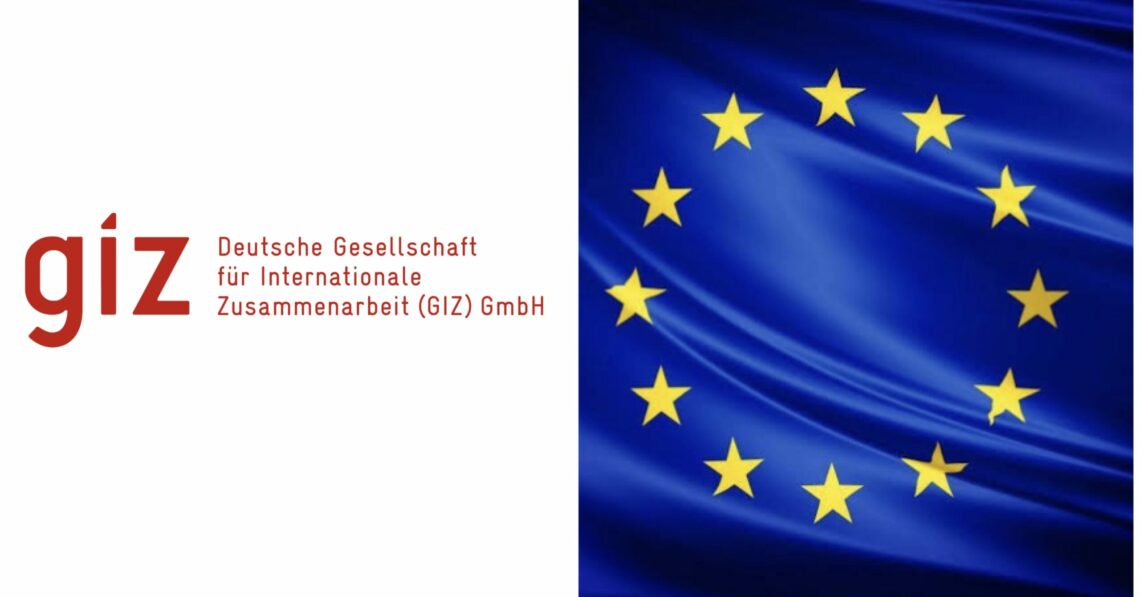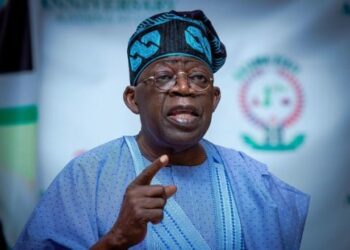The German Agency for International Cooperation (GIZ), in partnership with the European Union (EU), has intensified advocacy for the adoption of Small Claims Courts (SCCs) and Multi-Door Courthouse Systems (MDCS) in Nigeria to improve access to commercial dispute resolution for Micro, Small, and Medium Enterprises (MSMEs).
Speaking at a peer learning workshop in Abuja, Mr. Markus Wauschkuhn, Head of Programme for Sustainable and Inclusive Economic Development and Decent Employment in Nigeria (SEDIN), said the mechanisms offered quicker, more affordable, and more accessible alternatives to traditional litigation, which were vital for strengthening Nigeria’s business environment.
“MSMEs are the backbone of Nigeria’s economy, yet they often face challenges in accessing legal and financial support,” Wauschkuhn said. “Small Claims Courts and Multi-Door Courthouses provide a timely, cost-effective solution for resolving issues like debt recovery.”
He explained that the SEDIN programme, funded by the German Federal Ministry for Economic Cooperation and Development (BMZ) and supported by the EU-VACEITARED initiative, is being implemented by GIZ in 10 Nigerian states. According to him, the programme aims to enhance cross-state collaboration, monitoring and evaluation, and strategic communication to support economic development.
Wauschkuhn also highlighted the role of peer learning in addressing operational gaps among dispute resolution stakeholders, saying it would help strengthen capacity and standardise best practices across states.
Head of Component, GIZ-SEDIN, Mr. Akiropo Omoware, advised business owners to pay closer attention to contract documentation to reduce disputes. “Disputes are inevitable, but many arise because people fail to read or understand contract terms before signing,” Omoware said.
Similarly, president of the Mediation Training Institute of Nigeria, Mr. Segun Ogunyannwo, called for increased awareness and utilisation of mediation under the SCC and MDCS frameworks.
The workshop drew participation from magistrates, legal professionals, and members of the Nigerian Bar Association (NBA), with delegates from Lagos, Ogun, Edo, Ondo, Niger, Plateau, Cross River, Kano, Kaduna, Oyo, and the Federal Capital Territory (FCT).





